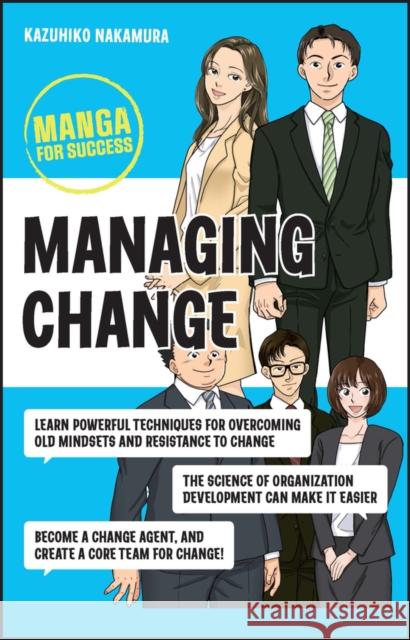Managing Change: Manga for Success » książka
topmenu
Managing Change: Manga for Success
ISBN-13: 9781394176229 / Angielski / Miękka / 2023 / 256 str.
Kategorie:
Kategorie BISAC:
Wydawca:
John Wiley & Sons Inc
Seria wydawnicza:
Język:
Angielski
ISBN-13:
9781394176229
Rok wydania:
2023
Dostępne języki:
Numer serii:
001276101
Ilość stron:
256
Oprawa:
Miękka
Dodatkowe informacje:
Wydanie ilustrowane











